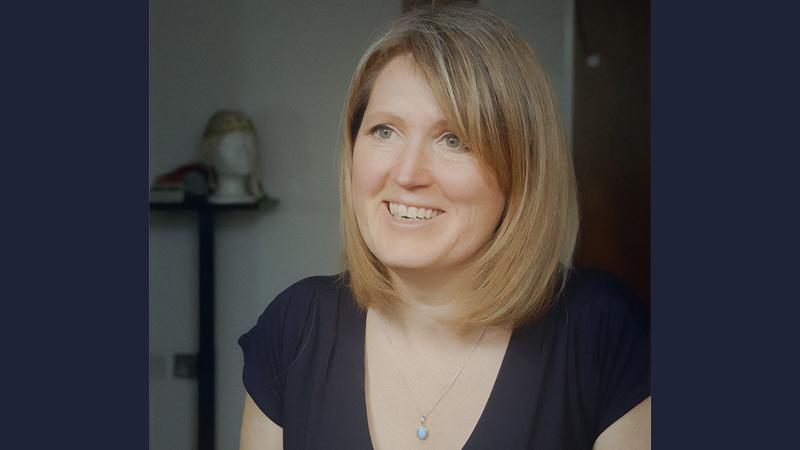Catherine Loveday, Professor of Neuropsychology, joins presenter Matthew Syed on his BBC Radio 4 show, Sideways, and explains why first loves can leave a long-lasting impact on people’s lives.

On the show, which was named BBC 4's Pick of the Week, Professor Loveday explains that the reason first love is so unique is because it often takes place during adolescence, when the body is experiencing large surges and fluctuations of sex hormones. With oestrogen and testosterone driving attraction, serotonin giving people feelings of warmth and happiness and dopamine causing feelings of addiction, falling in love during this time can be extremely intense.
Through her research focusing on autobiographical memory, Professor Loveday believes that adolescence is also the perfect terrain for embedding the most vivid memories.
She said: “The brain is at its best for recording information when we are at that point. We can form memories very very clearly but also the brain will record better anything that is highly emotional, so when something has happened for the first time if it has a very high level of reward, or even a very high level of pain, our brain says “we need to remember that” and first love has absolutely all of those in abundance.”
Listen to the full interview on BBC Sounds.


